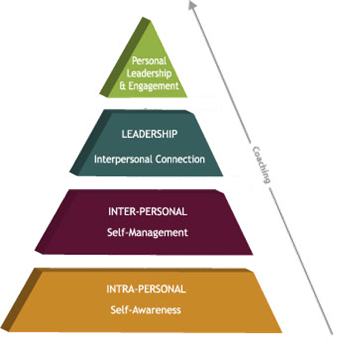Emotions play a vital role in many aspects of leadership. They are the pathway to more effective decision-making, stronger interpersonal relationships, resilience in the face of stress, as well as enhanced creativity.
Emotional intelligence (EQ) is a concept that captures a broad collection of individual skills and dispositions, most often referred to as soft skills or inter and intra-personal skills, that are outside the traditional areas of specific knowledge, general intelligence, or technical and professional skills.
Emotional intelligence has been associated with transformational leadership capabilities such as inspiration, motivation, and vision. According to a number of researches, the person’s success at work is 80% dependent on emotional intelligence.
Emotional intelligence is all about understanding yourself and how other people react to you, and then using this knowledge to your advantage and better foster relationships. The foundation of emotional intelligence is self-awareness: the knowledge of yourself helps you understand how other people see you.
Emotional intelligence is a powerful tool which helps a person build relationships, using the knowledge of different behavior types, enhance communication skills, and promote leadership capabilities. From HR perspective, emotional intelligence is a significant factor that is potentially useful in understanding and predicting employees’ individual performance at work. Although measuring EQ is a challenging task, this information could significantly increase the effectiveness of HR activities.
